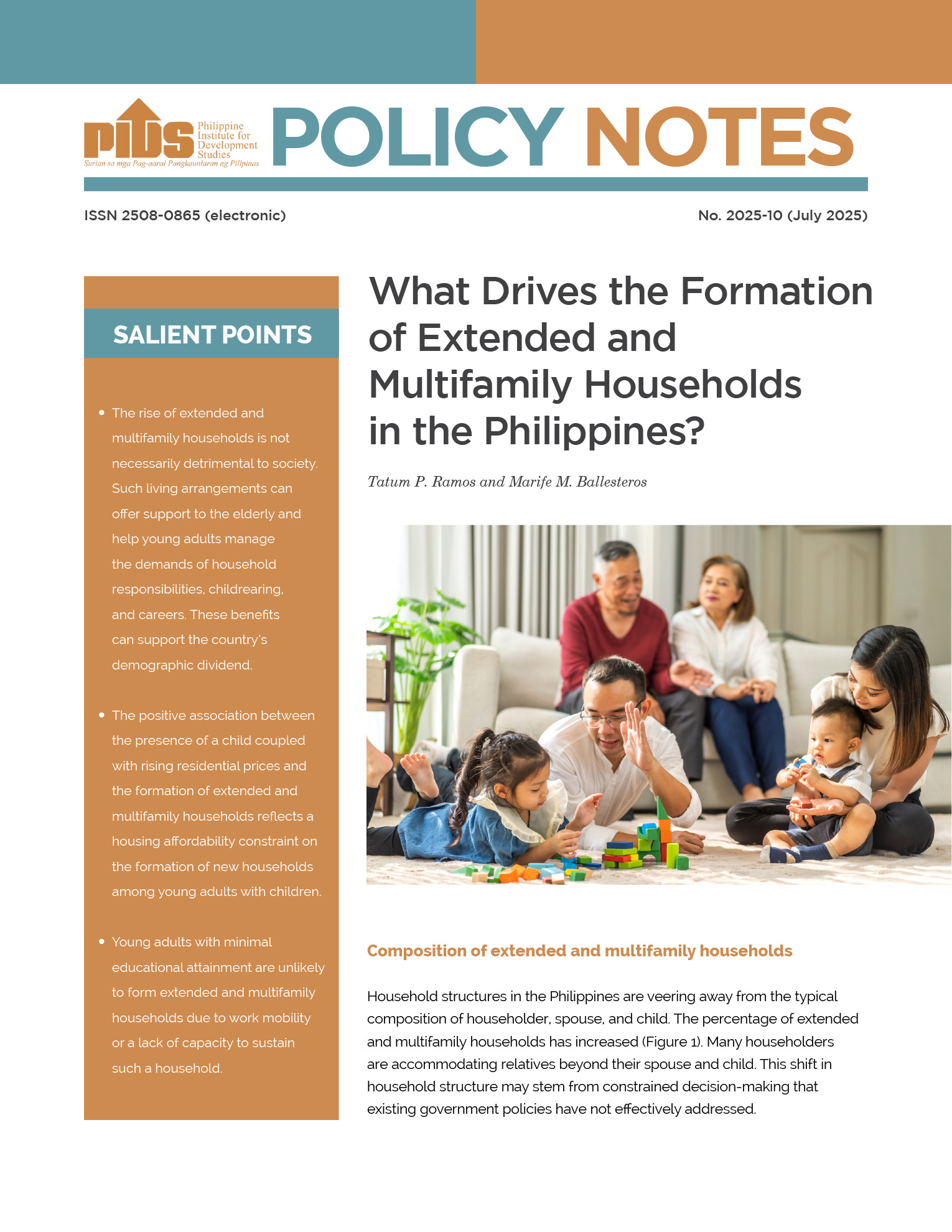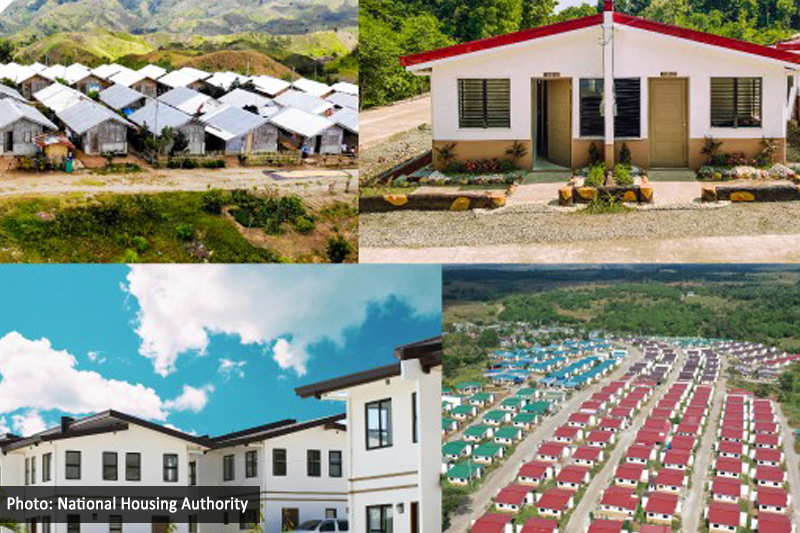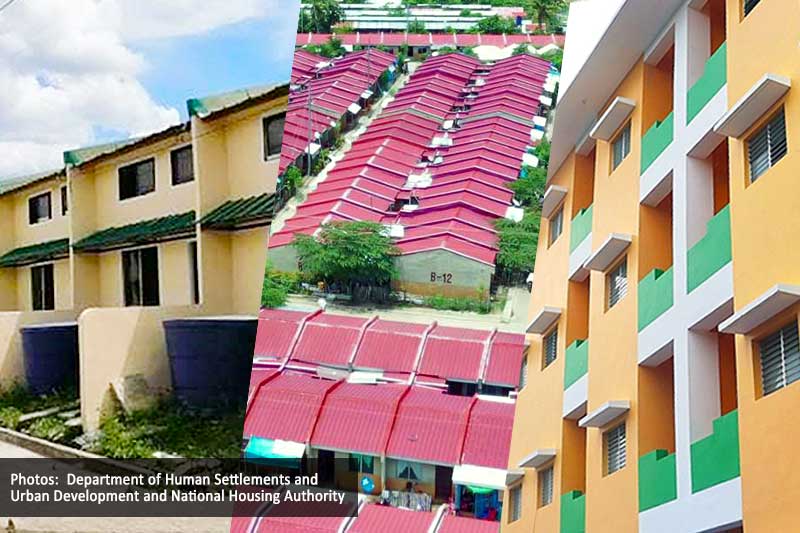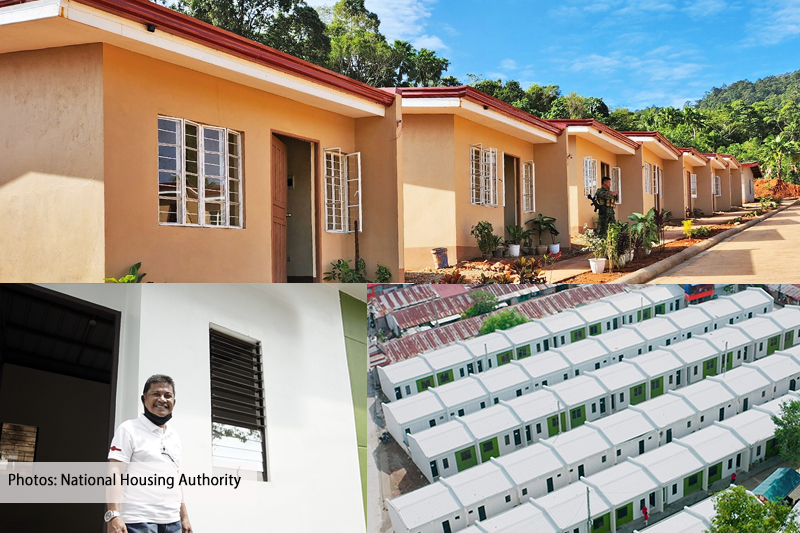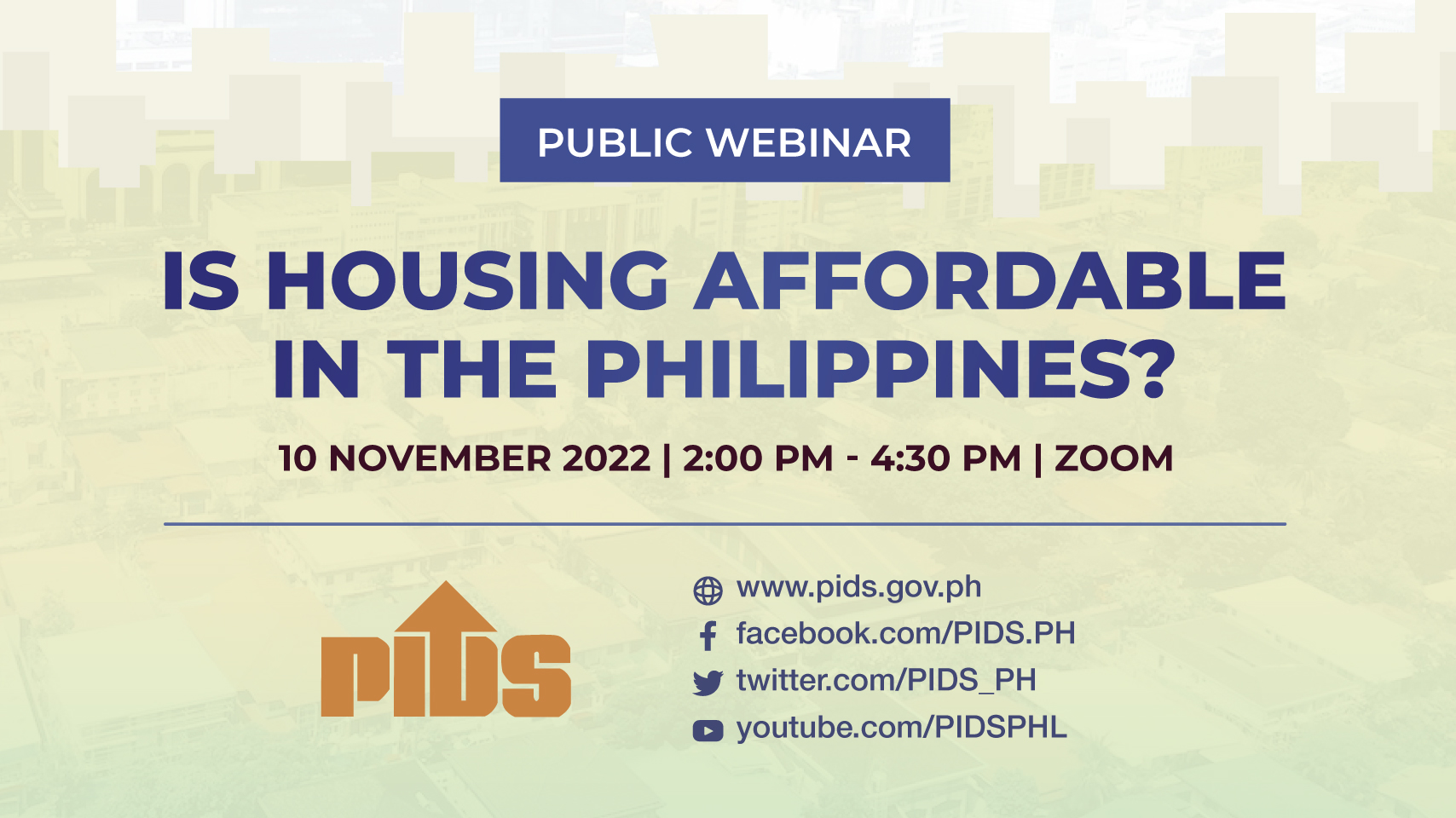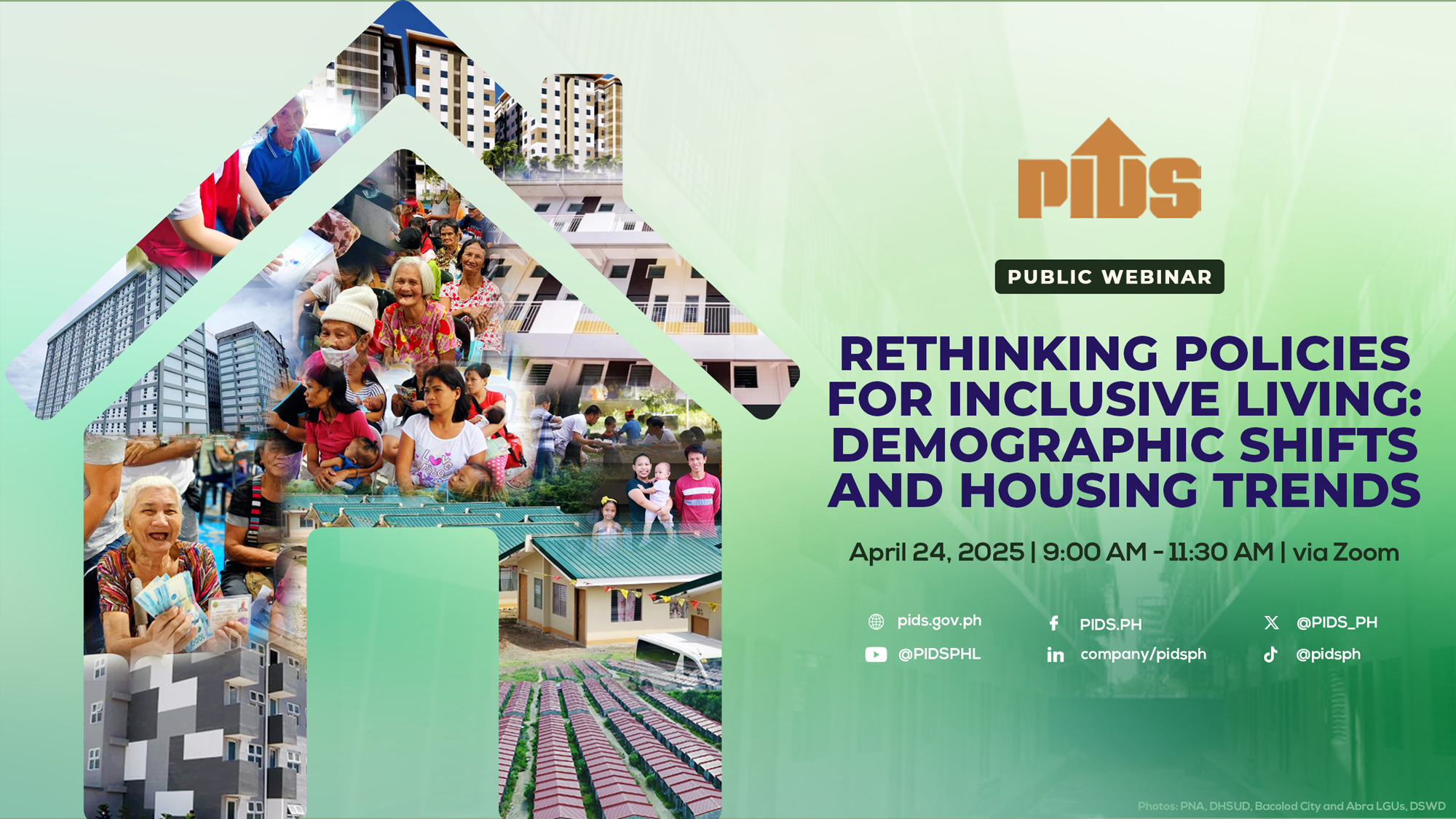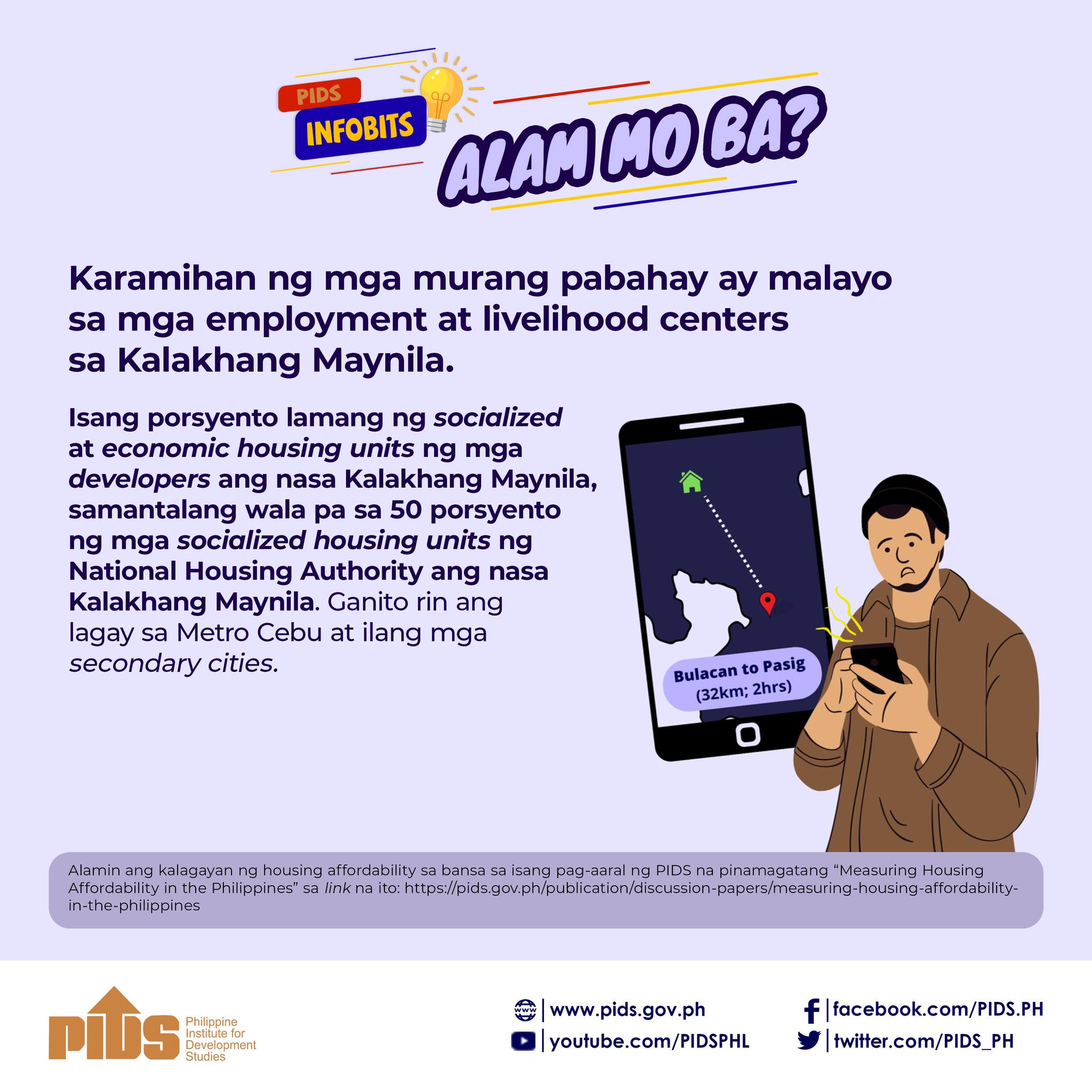
Local government units (LGUs) with approved local shelter plans (LSPs) and their partners from the private sector play a crucial role in reducing the 6.5-million housing backlog in the country.
This was according to Director Rowena Dineros of the Department of Human Settlements and Urban Development (DHSUD)-Public Housing and Human Settlements Service during a public webinar organized by the Philippine Institute for Development Studies (PIDS) recently. The webinar featured the study “Measuring Housing Affordability in the Philippines” by PIDS Vice President Marife Ballesteros, Supervising Research Specialist Tatum Ramos, and Research Specialist Jenica Ancheta.
Dineros, who served as a discussant, said that at the local level, the DHSUD assists LGUs in creating an LSP. It is a roadmap that determines a city or municipality’s housing needs, analyzes household affordability and resources, formulates shelter strategies, and identifies partners for implementation. The LSP must be approved by the local council (sanggunian).
“LGUs with approved LSPs can provide funds, do land banking, partner with the private sector for housing projects, or tap programs of housing agencies appropriate for their constituents,” Dineros explained.
However, only 311 out of 1,634 LGUs have approved LSPs as of November 2022, which may imply that “only a small percentage of LGUs give preference to the housing needs of their constituents.”
Data from DHSUD showed that 3.7 million of the 6.5-million housing shortage are for informal settler families (ISFs).
At the national level, key shelter agencies like the DHSUD, National Housing Authority, Social Housing Finance Corporation, National Home Mortgage Finance Corporation, and Pag-IBIG have provided housing and resettlement assistance to over 85,000 families and 16,000 ISFs and financed over 140,000 housing units.
Winston Conrad Padojinog, a fellow discussant and the president of the University of Asia and the Pacific, offered recommendations to LGUs for reducing the housing backlog.
Aside from implementing the shelter plan, Padojinog urged LGUs to partner with the private sector. LGUs can provide the land, extend tax incentives, identify beneficiaries, conduct social preparation activities, and collect housing rent or fees. Meanwhile, the private sector can undertake the development, construction, and management services of the property.
“I encourage close collaboration between developers and government to address the housing backlog because the situation is very dynamic. Sometimes, the laws, policies, and even executive orders cannot cope with these changes unless there is close collaboration between the concerned parties,” Padojinog concluded.
You may watch the webinar at https://youtu.be/H0yQvDf7CXU.
For more videos of PIDS events, go to https://www.pids.gov.ph/videos. ###



